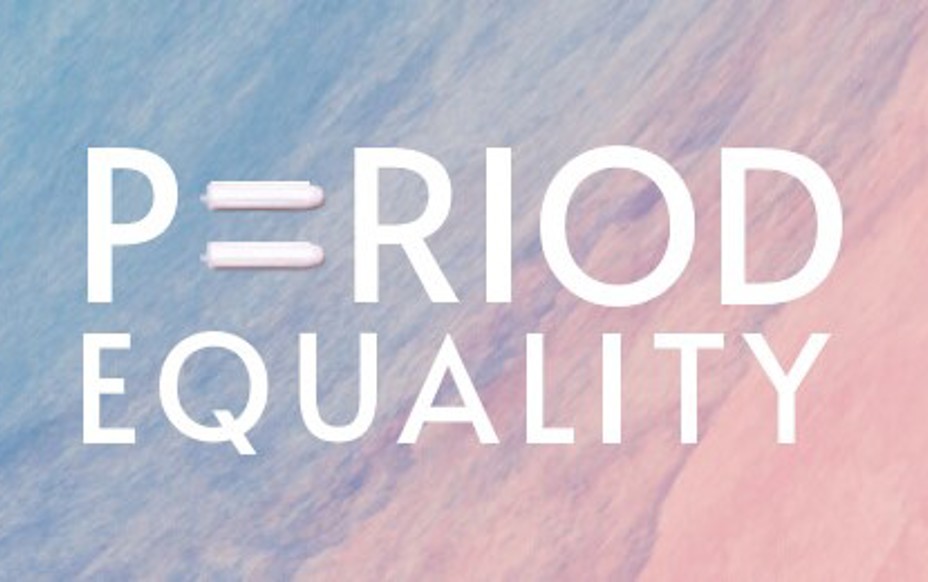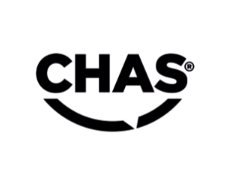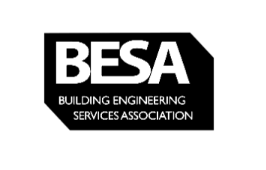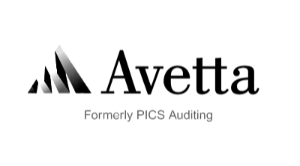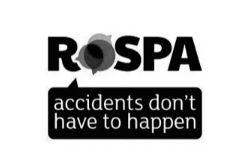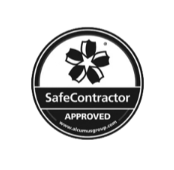- Students unable to access free period products during lockdowns
- Startling statistics highlight risk of period poverty during school holidays
- One in seven girls off school because they don’t know they can access sanitary products
- One in nine unable to afford basic period products
An alarming new report reveals that period poverty among teenage girls in the UK has worsened during the Covid pandemic.
The Period Equality study by leading hygiene services provider phs Group shows an increasing number of girls missing lessons due to their period, while many of those with access to free sanitary products at school were left without while being forced to learn from home during the pandemic.
The survey lays bare how period inequality is increasingly the cause of school absence threatening girls’ academic achievements and, despite progress made nationally in tackling the issue, many are falling through the net when having to learn at home or on school holidays.
Involving more than 1,000 girls aged 13 to 18 years at school or college in the UK*, the survey builds on previous similar research carried out by phs two years ago. The latest study, which takes into account the effects of 12 months of pandemic (April 2020-21), uncovers concerning statistics highlighting that period poverty – where people are unable to afford sanitary products – is on the rise and lack of access to them is increasingly disrupting girls’ daily lives.
The key findings reveal that over a third (35%) of teenage girls took time off school because of their period – a 7% increase on 2019 – while over a quarter (28%) missed lessons more than once**. More than one in four (27%) were unable to do their schoolwork, with a similar number (26%) feeling they could not leave home as a result.
Two years since the first study, missing school due to their period remains the biggest cause of school absence for girls; on average, three days were lost each term – more than for any other single reason. And it appears that there is still a stigma in talking about periods, with around a third of female students blaming another ailment and 13 per cent uncomfortable giving the real reason for their absence. Nearly two-fifths (39%) think that the stigma around periods needs to be removed.
Two fifths of girls (40%) in the UK now feel they are likely to miss out on education over the next year due to their period – a considerable rise from a quarter (25%) in 2019.
An increasing number of girls, one in seven (14%) said they struggled to access period products – a nine per cent rise on 2019. And, shockingly, one in nine (11%) stayed off school because they could not afford sanitary products – just two per cent admitted this was the case previously. Half of girls (50%) think that being unable to afford or access sanitary products is holding them back from attending school every day.
Meanwhile, during the pandemic, almost six in ten girls (59%) said their school had not sent period products home.
The research also highlights the desperation of girls having to find alternative ways to manage with their periods. A quarter (25%) had gone without sanitary products compared to just three per cent two years ago. Over a third resorted to using non-sanitary products while just under two-fifths (38%) used dedicated products for longer than advised – with over a fifth having done so in the last 12 months. Worryingly, 12 per cent confessed to having stolen sanitary products at some point.
Whilst significant progress has been made in the UK with schemes such as the DfE’s provision of period products to schools and colleges in England, period poverty is a real issue in the UK, according to nine in 10 girls (91%). Over half (56%) believe that the issue is not taken seriously enough by the Government. Seven in 10 of the students questioned think that providing free sanitary products in schools and colleges will tackle period poverty – just over a quarter (26%) currently have access to them while learning.
Chris Brown, Head of Public Sector at phs Group said: “Our latest study has shown that period inequality is still a big issue that needs addressing urgently. While there is an increased awareness of the disruption periods can bring to daily lives, the increase in those who cannot afford or access these basic products is alarming – and the pandemic has worsened the situation for many already struggling to pay for essentials.
“We fully appreciate the immense challenges schools have faced during lockdowns. However, not only have girls lost invaluable, irretrievable time at school due to closures, but there has been a double whammy of being unaware of the free sanitary products they can access at school.
“We have to remove the stigma in talking about periods. We have been working with Welsh Local Authorities and the UK Department for Education and progress is being achieved, and there is a drive and a passion across the board to do better. We will continue to push the period equality agenda with the aim of ensuring free period products are available to all girls who need them, whenever they need them.”
*Based on research conducted in April 2021 of 1005 girls (13-18) at school or college in the UK. The wider survey comprised 253 girls (13-18) at school or college in the Republic of Ireland.
**Questions and options presented in the 2019 and 2021 surveys varied to reflect the effects of the Covid-19 pandemic throughout 2020-21.





























